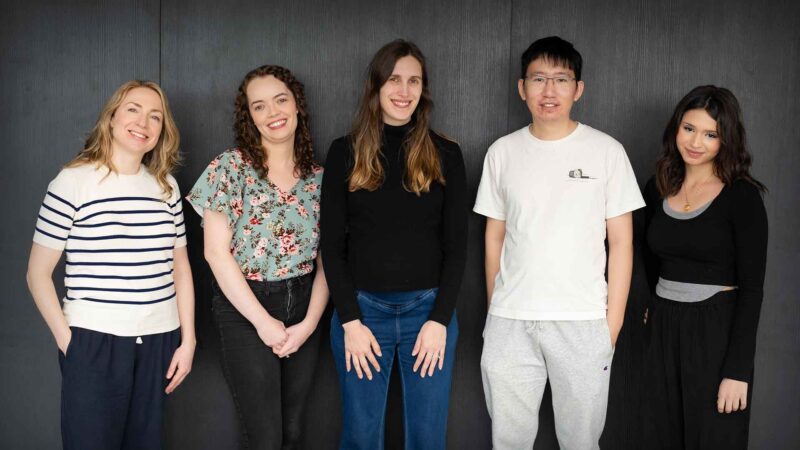FOOD AND FASTING PERIODS AS MEDICINE TO PREVENT DISEASE
Professor Leonie Heilbronn
University of Adelaide &
Group Leader Obesity and Metabolism,
South Australian Health and Medical Research Institute (SAHMRI)
Adelaide, South Australia
RESEARCHER PROFILE
Filmed in Adelaide, South Australia | February 2025
Professor Leonie Heilbronn is based at the South Australian Health and Medical Research Institute (SAHMRI), where she leads the Obesity and Metabolism laboratory. Her research is at the interface between basic and clinical science. She is internationally recognised for her work in nutritional modulation in humans and has made major contributions to our current understanding of mechanisms underlying conditions such as insulin resistance, particularly inflammation and lipid metabolism. She has also contributed significantly to current concepts of caloric restriction (CR), intermittent fasting (IF) and time restricted eating (TRE) in humans. She has published more than 110 peer reviewed papers in scientific journals and is an Associate Editor of Obesity, and Obesity Research and Clinical Practice.
Prof. Heilbronn is a translational investigator in obesity and diabetes research. She has a particular interest in understanding how fasting and meal timing alter nutrient signalling pathways to improve health and contributed extensively to current concepts in calorie restriction, intermittent fasting and time restricted eating. She has published more than 140 peer-reviewed manuscripts, and has a current h-index of 44. She is an Associate Editor of Obesity and the European Journal of Endocrinology. She is President of the Australia and New Zealand Obesity Society and an Associate Member of the Australian Academy of Health and Medical Science.
You Might also like
-
Better biomarkers for predicting the incidence of having atherosclerosis and heart attack
Assoc Prof Bursill is a vascular biologist with interests and expertise in vascular inflammation, atherosclerosis and angiogenesis. She completed her PhD at The University of Adelaide in lipid metabolism then headed to Oxford University for five years to undergo a postdoctoral post in the Departments of Cardiovascular Medicine and Pathology. Her postdoctoral time triggered her interest in the mechanisms that cause atherosclerosis and in particular the role of small inflammatory proteins called chemokines.
-
Pancreatic and lung cancers driven by mutations in the cancer gene KRAS
Dr Mara Zeissig is a recently appointed Lab Head within the Tumour Inflammation and Immunotherapy Program at the South Australian immunoGENomics Cancer Institute (SAiGENCI).
Her research focuses on studying immune evasion mechanisms in lung and pancreatic cancers to identify novel ways to increase response to immunotherapy. Her expertise is in genetically engineered mouse models of lung cancer, CRISPR-Cas9 screening technologies and T cell based immunotherapies (e.g Checkpoint inhibitors). -
Dr Meghan McIlwain
DR MEGHAN MCILWAIN, CLINICAL RESEARCH MANAGER
PRESIDENT, THE NEW ZEALAND ASSOCIATION OF CLINICAL RESEARCH,
AUCKLAND, NEW ZEALAND



